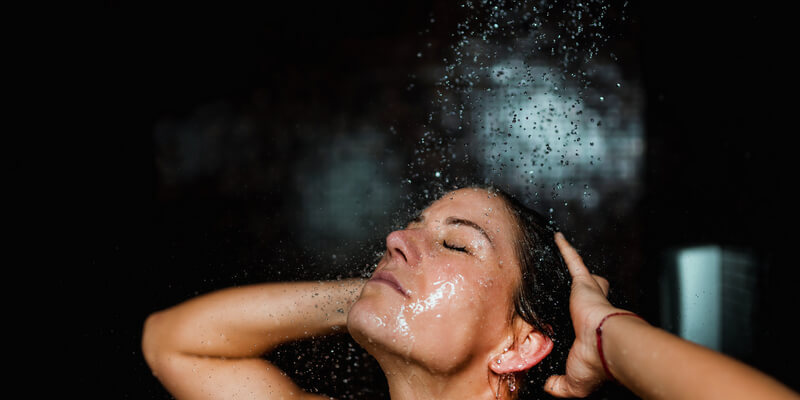The known and unknown
A 2022 systematic review of dozens of studies that was published in Sports Medicine found that cold therapy reduced muscle soreness and aided strength recovery after high-intensity exercise. It also reduced creatine kinase in the blood, which comes from muscle damage from strenuous exercise.
It can numb pain receptors and bring down inflammation, so you can almost think of it as like a drug-free anesthetic. People with rheumatoid arthritis, for instance, could get some relief from the swelling and discomfort they experience from the disease.
Cold water reduces blood flow — and thus swelling and inflammation, which cause pain.
Health care providers have long used cold water immersion to lower body temperature in cases of dangerous heat stroke or high fever.
Ice baths could help burn fat by activating a pair of hormones, irisin and FGF21, that are found in metabolically-busy brown fat, which helps burn the more inert white belly fat. These two ‘fat loss’ hormones are produced only when our muscles are shivering. Specifically, 10–15 minutes of shivering increases irisin to such a level that it has the same effect as an hour of moderate exercise.
Cold therapy had a positive effect on the cardiovascular system, specifically lipid profiles and blood pressure.
Claims that ice baths boost longevity are controversial at best. And many of the current claims — better sleep, focus and meditation — require more study to prove causation. King said, however, that he’s heard those and other claims of benefits from patients who use cold water therapy.
